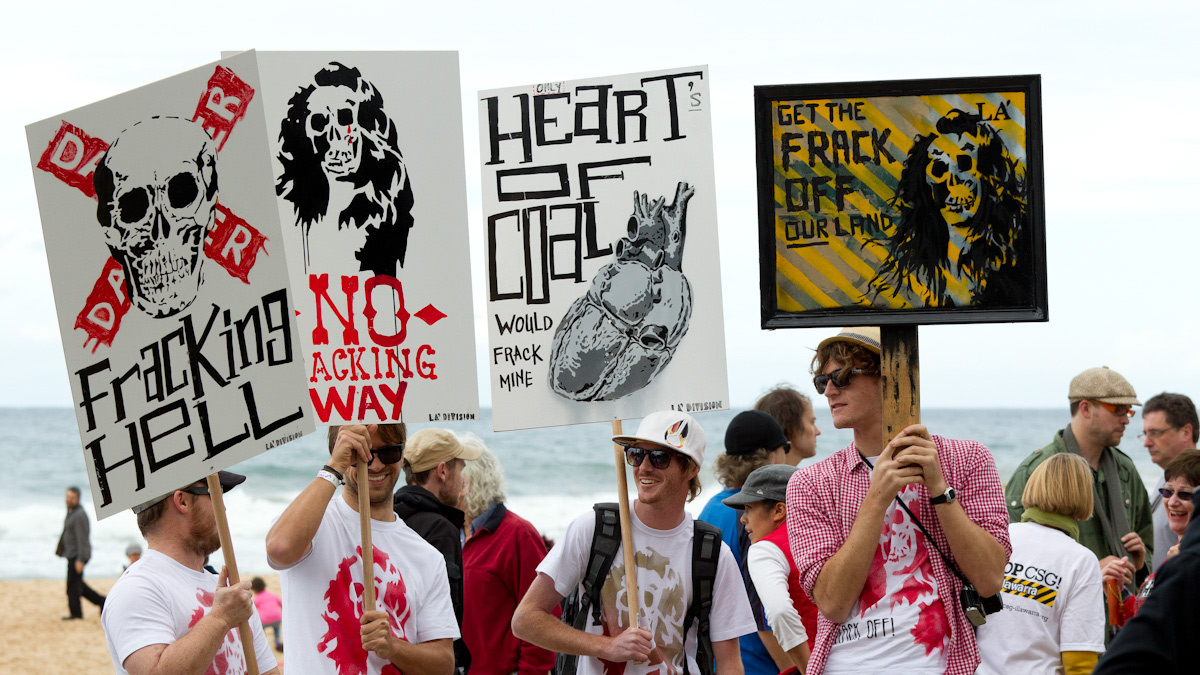If you oppose fracking, then you are not a “serious environmentalist.”
So say U.C. Berkeley physics professor Richard Muller and his daughter Elizabeth Muller in a new opinion paper with a none-too-subtle title: “Why Every Serious Environmentalist Should Favor Fracking.”
Until recently, Muller wasn’t much of an environmentalist himself. He was a prominent climate denier. But last year he wrote in The New York Times that he came to realize the error of his ways after an intensive review of the science.
Now this self-described “converted skeptic” has appointed himself the arbiter of serious environmentalism.

Richard Muller
The Mullers’ paper was published by a British think tank. We read it so you don’t have to. Here are the main points: 1. Fracking is mainly used to extract natural gas. 2. Burning natural gas produces less soot than burning other fossil fuels. 3. Airborne soot is a major killer, especially in the developing world. Ergo, if you oppose fracking, then you support the deaths of millions of poor people. You monster.
In the Mullers’ minds, if you don’t like fracking, then you must prefer coal and oil. They imply that solar and wind energy will succeed only with government subsidies, ignoring the $544 billion that governments spent subsidizing fossil fuels last year. They also disregard the falling costs of renewables.
“The developed world has the financial resources to subsidize solar and wind,” the duo writes. “But developing countries are not wealthy enough to do that.” More from the paper:
Environmentalists who oppose the development of shale gas and fracking are making a tragic mistake.
Some oppose shale gas because it is a fossil fuel, a source of carbon dioxide. Some are concerned by accounts of the fresh water it needs, by flaming faucets, by leaked “fugitive methane”, by pollution of the ground with fracking fluid and by damaging earthquakes.
These concerns are either largely false or can be addressed by appropriate regulation.
For shale gas is a wonderful gift that has arrived just in time. It can not only reduce greenhouse gas emissions, but also reduce a deadly pollution known as PM2.5 [tiny pieces of particulate matter, aka soot] that is currently killing over three million people each year, primarily in the developing world. …
Europe can develop shale gas far more rapidly than it can move to solar and wind, largely because of the low cost, the absence of an intermittency problem, and good existing gas infrastructure. To the extent that shale gas replaces coal, it will save hundreds of thousands of deaths each year, lives that will be lost if we choose the slower and more expensive transition to renewables.
All this despite the conclusion of experts that America’s fracking boom is having only “modest impacts” on greenhouse gas emissions. That’s because it’s not just displacing coal but also holding back renewables.
And for anybody who thinks natural gas doesn’t contribute to air pollution, we would suggest a day trip to poor neighborhoods in Contra Costa County east of San Francisco, where growing clusters of gas-burning plants in already-industrialized areas are hurting residents’ health.
It turns out there’s more behind the Mullers’ paper than meets the eye. Elizabeth Muller has a clear financial stake in the fracking industry. She is managing director of the China Shale Fund, a venture capital fund set up to export American fracking technology to Asia.
The Mullers’ paper was published by the Centre for Policy Studies, which was cofounded in 1974 by Margaret Thatcher “to promote the principles of a free society.” Why would a British think tank be promoting the Mullers’ views? Because fracking is a white-hot issue in the U.K. right now. The conservative national government desperately wants to expand fracking, but many citizens remain unconvinced of its benefits.
A free society, hey? It would sure be nice to free our society from fracking industry propaganda.



